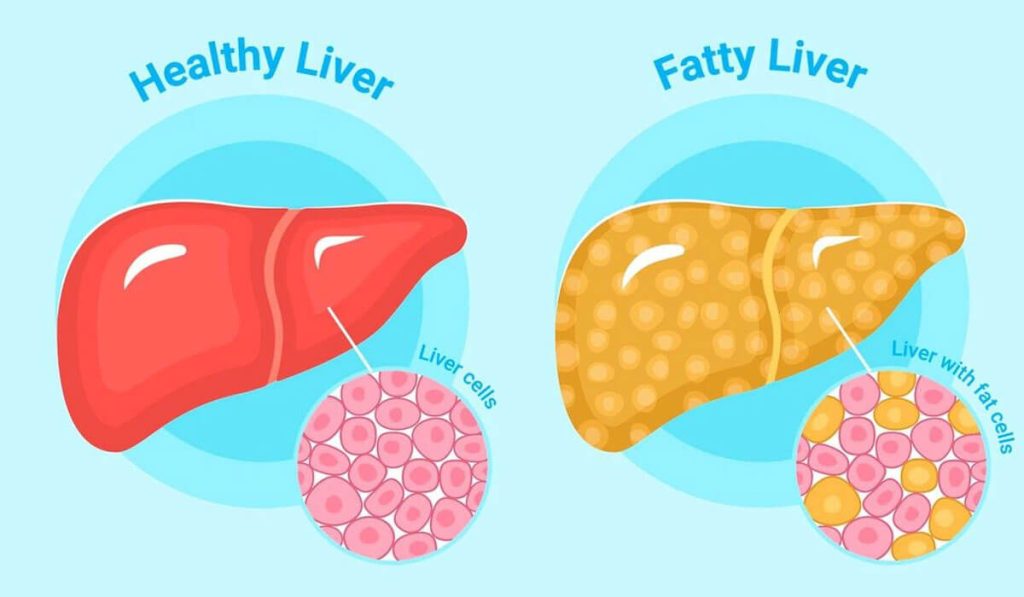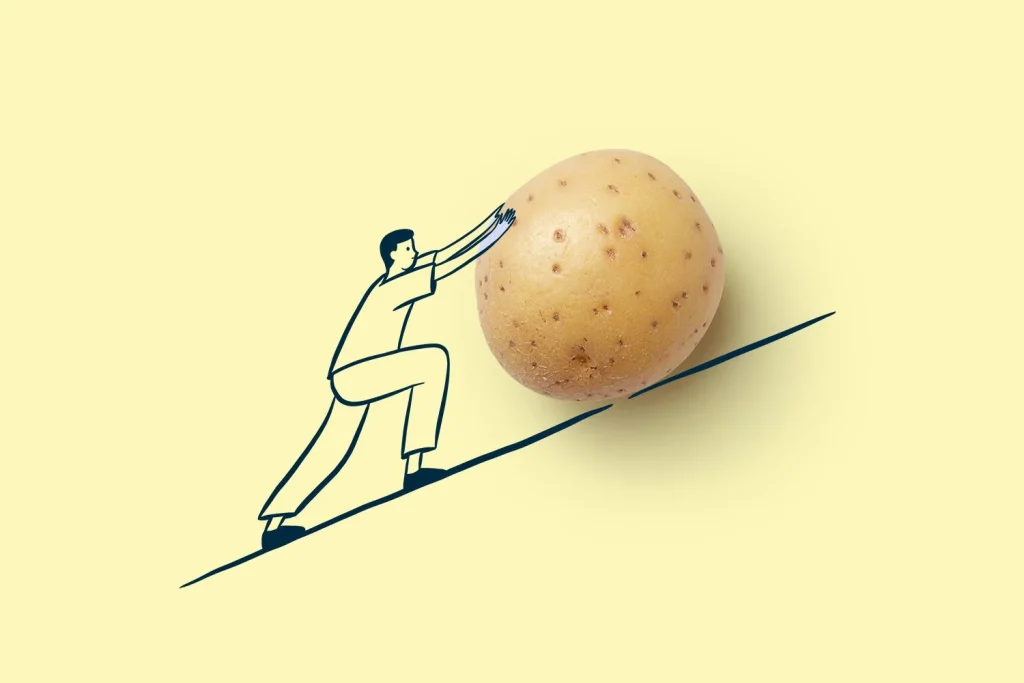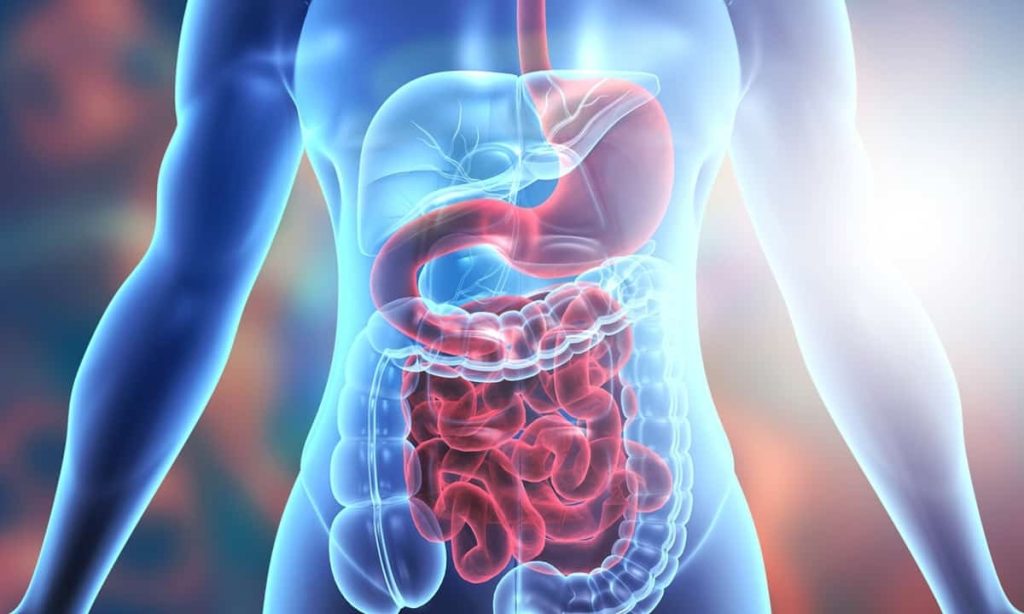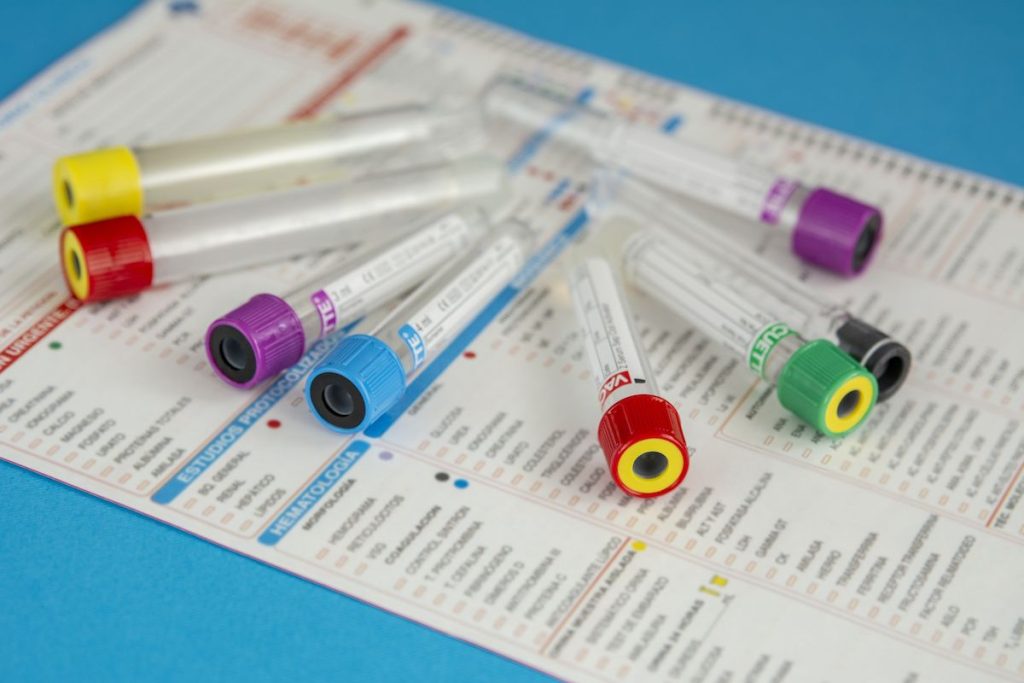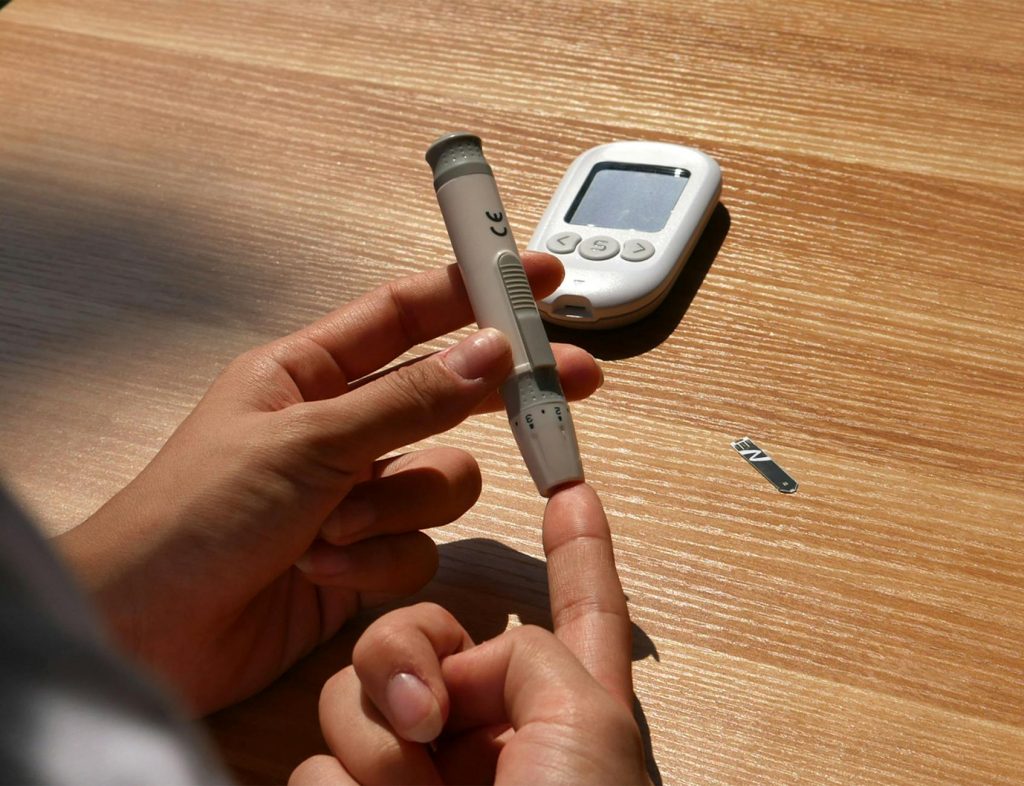The Link Between Stress and High Blood Pressure
Prolonged exposure to stress hormones like cortisol degrades nitric oxide production, critical for arterial flexibility. Stiffened vessels force the heart to work harder, elevating systolic pressure. A 2023 Lancet study found adults with chronic stress developed hypertension 45% faster than peers. Nightly cortisol spikes in shift workers correlate with 30% higher left ventricular mass. Sympathetic…
Read more


